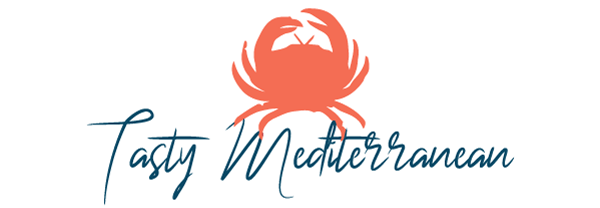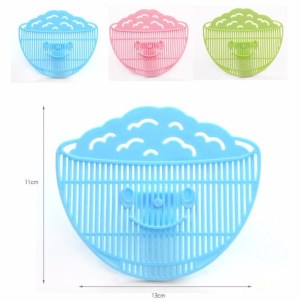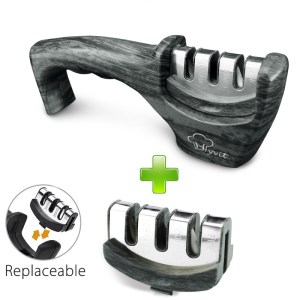The Mediterranean diet is perhaps the most similar to the paleo diet. However, The Mediterranean diet and the Paleolithic diet represent two different diets, but both are still able to provide an excellent caloric intake, without introducing fats and sugars incorrectly.
The first is able to offer a wider range of foods than the second, which however can guarantee greater integrity of the foods included in it. In any case, both must be associated with a fair amount of physical activity, which serves to tone the muscles and beyond.
Let’s see together how both diets are generally composed, and how they differ.
The Mediterranean Diet
The Mediterranean diet is characterized by foods of various kinds. Meat and fish are very important in this diet, but they should preferably be cooked on the grill so that they can lose excess fat. These dishes can also be cooked in other ways, but always be careful to use healthy and non-artificial condiments.
The diet also includes all kinds of vegetables and fruit. Those who follow this diet limit the consumption of all those foods that lead to an increase in bad cholesterol, saturated fat, and glucose in the blood. For example, certain types of sugars and fats, carbonated drinks, and excess alcohol.
Paleo Diet
The Paleo diet takes its name from the Paleolithic age because, in this type of diet, foods that already existed at the time from which it takes its name are consumed. In this diet, it is also important to follow the diet and train regularly to feel better both physically and mentally.
An important note that distinguishes this type of diet, unlike the Mediterranean one, is that all foods have one element in common. They derive directly from nature and have developed and grown in an absolutely natural way, therefore without human intervention and elements that in a certain sense favor their growth.
This means that cereals and sweets are practically banned. Vegetables, nuts, and berries have always grown in nature. Animal proteins have also always been available thanks to hunting. Other pro elements such as cereals, refined sugar, on the other hand, have become more readily available with the development of agriculture. The varieties we know today are often particular varieties, which derive from a type of crop and crop that once did not exist. These modern foods have no place in the Paleo diet, which is a real sense is much more fundamentalist.
Classic foods that have a lot of calories are replaced by fresh, unprocessed foods. They contain many vitamins and other highly nutritious substances. The contraindications of the paleo diet are very few. One thing is certain: organic products are expensive. At the same time, however, they give enormous benefits to the body and mind.
Differences Between the Two Diets
The populations that follow these types of diet have a lower incidence of this type of disease, demonstrating that a correct diet can still be decisive for health, both physical and mental.
In fact, a sporting activity is often associated with the Mediterranean diet, capable of burning excess fat and giving the body a correct purification. A healthy and balanced diet such as the Mediterranean one, brings with it considerable benefits from a point of view strictly connected to health. For example, this type of diet prevents the occurrence of cardiovascular, cancer, etc. problems.
Those who follow this diet have a lower incidence of strokes, tumors, heart attacks, diabetes, problems related to blood pressure. In fact, a quantity of cholesterol does not form, which is then the cause of an innumerable series of diseases, sometimes lethal.
The Paleo diet, on the other hand, has different characteristics. It probably consists of a less varied diet than the Mediterranean, but offers absolutely top-quality foods; no derived food, but only natural and organic products.
The energy intake is also very important, a fat insurance practically close to zero. Good physical activity must be associated with this diet, which highlights the benefits of a healthy diet even more. Both diets significantly increase our metabolism, preventing overweight, also thanks to the associated motor activity.
Unlike the paleo diet, the Mediterranean diet does have the possibility of including at least one refined food, such as bread, in addition to other processed products such as dairy. However, the consumption of meat is reduced, a disadvantage compared to the paleo diet, which has richer protein sources by not depriving meat.
However, both are very similar in terms of nutrient sources, we could say that iron deficiency can be present in the Mediterranean, but it is solvable with selective foods or supplements that are rich in this source of nutrients.
In the paleo diet, an increase in cholesterol can occur if the amount of meat ingested in the diet is not controlled. An advantage that the Mediterranean enjoys over the paleo, since suffering from high cholesterol levels in a diet of this type is considered quite strange.
The Mediterranean diet is, so to speak, more “permissive”, and allows you to savor a greater number of foods, and perhaps tastier, but also less protein and sometimes slightly fatter.
- What Unite, The Paleo Diet and The Mediterranean Diet.
Most diet-conscious people know the importance of real food and nutrient density.
- They deeply educate their practitioners, making them understand the importance of eating high-quality food and discarding fewer natural things.
- They also encourage good eating habits that last a lifetime. Like drinking water, swapping desserts for fruit, exercising regularly, etc.
- They also promote the consumption of vegetables in a wide variety and not just the typical salads. Which opens your eyes to a broader and original panorama of healthy dishes for the whole family.
- They know well that well-chosen carbohydrates and fats are essential. Lipids are necessary for the proper functioning of the body and quality lipids have a satiating power that sugar does not have.
What Is the Best Diet?
The Mediterranean diet has been proven to be much more balanced and conducive to long-term health. We would also recommend adding a little protein to every meal. Is the paleo diet bad? No. However, it would be better if it’s slightly modified to reduce protein intake and include at least three servings of whole grains and two servings of dairy products daily. These small changes would allow followers of this diet to get the fuel and calcium they need, without protein overload.
In conclusion, we could say that both diets are very beneficial if the quantities are controlled, and could easily be a habit that is carried out throughout our lives in order to improve its quality.







